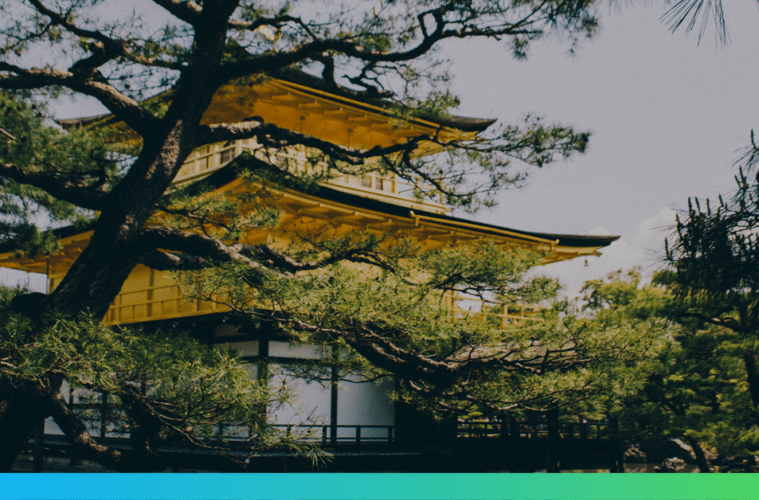World First’s Charles Whittle worked in Japan, and passes on his tips for Tokyo living, and life in Japan more generally.
GETTING ABOUT
Getting around is very easy – once you learn how the maps work! At JR stations (the national railway) they have signs in English as well as in Japanese. Private lines can be a bit more of a challenge, but increasingly they have signs in English too. In the cities built on plains, the streets are great to cycle on, just be aware that it’s not always legal! In Nagoya, for example, there are laws saying not to cycle on the pavement, and also not on the road. When first visiting, it’s a great idea to get a Japan Rail Pass – allowing free use of JR (except Shinkansen, the express bullet trains) for up to two weeks. Once settled, you won’t be able to get this anymore, so don’t miss the opportunity as a new visitor.
GOING BY CAR
The highways system is very good, working on a toll system. Hire cars should have an EC card – an electronic token system that allows you to drive straight through and pay without stopping. Signs are in English as well as Japanese. The speed limit is low compared with international speed limits, but the lanes are narrow. In the suburbs there is often no pavement so make sure to watch out for pedestrians and bikes. In the countryside, there is often no barrier between the road and sunken rice fields so be careful!
COST OF RENTING
There is a wide range of rental options from apartments (apāto) in blocks (mansions) to houses. It’s very important to know that landlords demand ‘key money’ – a payment up front that is not returned, equivalent to one or two months rental payment. This is not popular in Japan so the practice is declining, but it’s good to be aware of.
PEOPLE
Japanese people are famously polite but are also very friendly. You may have dinner bought for you by a stranger if they see you are a foreigner. If they can’t speak English they may be very apologetic. The best way to behave then is politely and with a smile. If you decide to settle, you may find it difficult to develop deep friendships, as Japanese people often have friends from school as their close friends – entering into such a longstanding circle can be difficult.
FOOD
With more Michelin Stars than any other place, Tokyo is one of the world’s best food cities. And if you think Japanese food is just sushi, think again. Have an open mind and you will be very well served. Trying a yakitori is a great way to start – a mix of different dishes and a great atmosphere. If you go to a ramen shop, look out for a vending machine – often you buy a ticket there to hand to the counter. Otherwise you might sit for a while before you get noticed!
CHEAPER EATING
Food can be particularly expensive – especially if you try to maintain your diet from abroad. Switching to a Japanese diet will save you a lot of money, as well as being delicious! Eating out is frequently cheaper than it would be in London, say, and with higher and more consistent quality. Also no tips, but great service. Karaoke is, of course, a popular pastime and with nomihoudai (all-you-can-drink) can be an extremely cheap night out (till morning!).
AND FINALLY…
- Be polite always;
- Wait at the crossing signal;
- Worry about bowing too little – not too much;
- Be adventurous with food;
- And always be wary when you think you have the place figured out!
If this has inspired you, get in touch with us to see how we could help with currency transfers!


